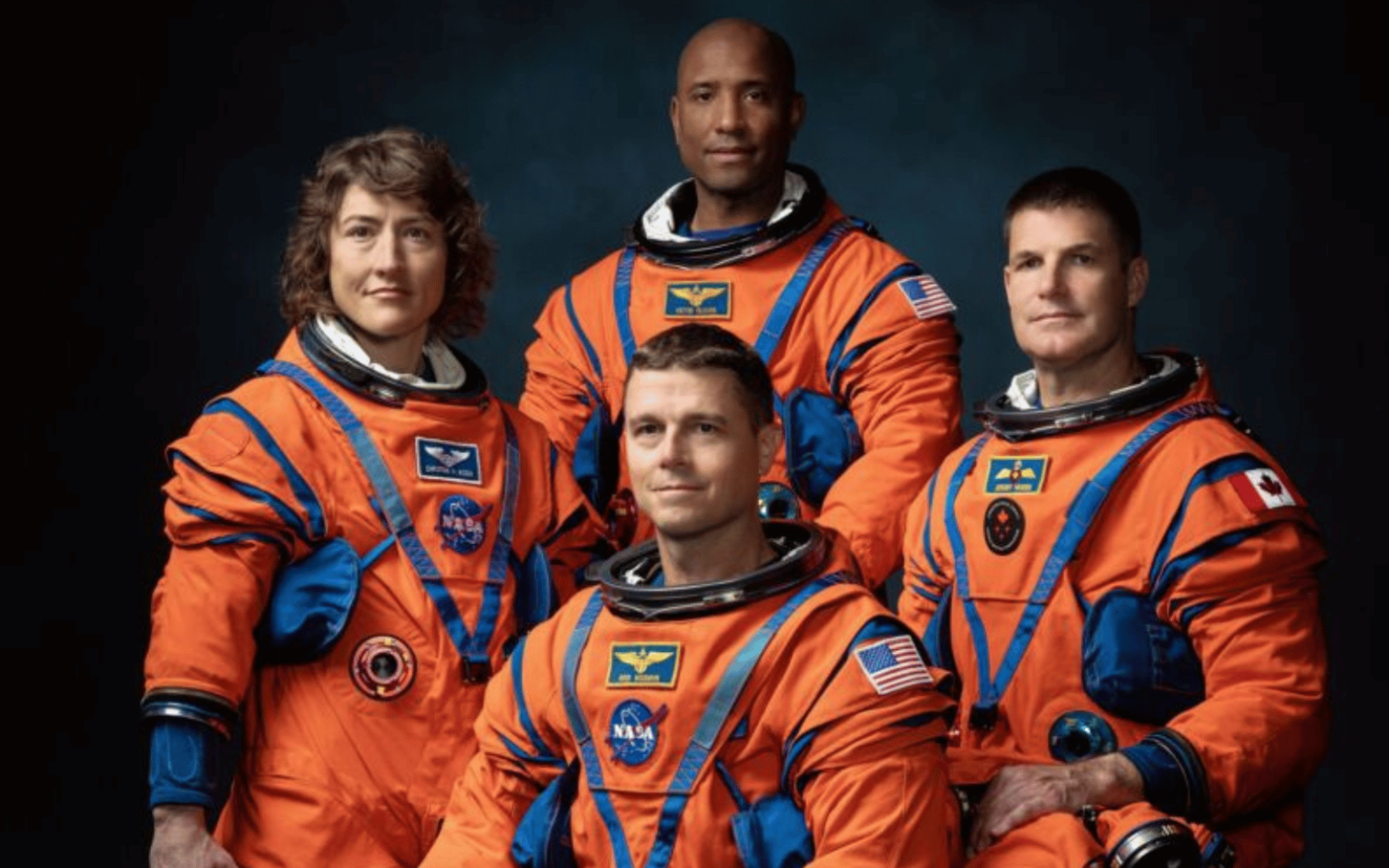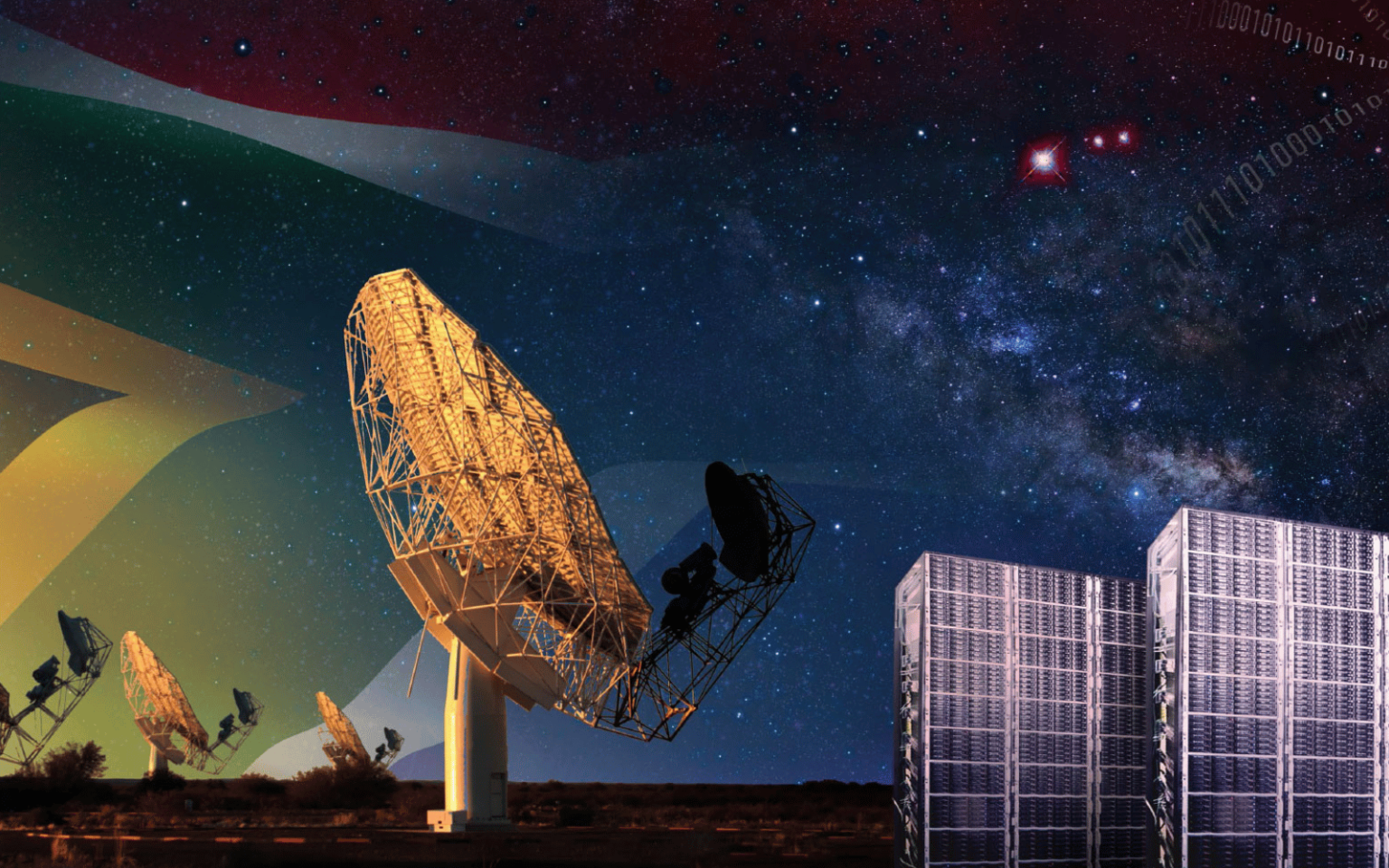Human foibles and a moving target The reason to regulate AI is not because the technology is out of control, but because human imagination is out of proportion. Gushing media coverage has fueled irrational beliefs about AI’s abilities and consciousness. Such beliefs build on “automation bias” or the tendency to let your guard down when machines are performing a task. An example is reduced vigilance among pilots when their aircraft is flying on autopilot. Numerous studies in my lab have shown that when a machine, rather than a human, is identified as a source of interaction, it triggers a mental shortcut in the minds…
Author: The Conversation
When we asked GPT-3, an extremely powerful and popular artificial intelligence language system, whether you’d be more likely to use a paper map or a stone to fan life into coals for a barbecue, it preferred the stone. To smooth your wrinkled skirt, would you grab a warm thermos or a hairpin? GPT-3 suggested the hairpin. And if you need to cover your hair for work in a fast-food restaurant, which would work better, a paper sandwich wrapper or a hamburger bun? GPT-3 went for the bun. Why does GPT-3 make those choices when most people choose the alternative? Because GPT-3…
Many futuristic novels and films have explored what the world might look like without water. But water scarcity isn’t a problem for the far-off future: it’s already here. In its 2021 report UN Water outlined the scale of the crisis: 2.3 billion people live in water-stressed countries and 733 million of those people are in “high and critically water-stressed countries”. In 2018 Cape Town, where I live and conduct my research, residents found themselves staring down “day zero”, when household water supplies would run dry. Good rains spared the South African city, but now other parts of the country face similarly dire predictions of…
Is it time to put the brakes on the development of artificial intelligence (AI)? If you’ve quietly asked yourself that question, you’re not alone. In the past week, a host of AI luminaries signed an open letter calling for a six-month pause on the development of more powerful models than GPT-4; European researchers called for tighter AI regulations; and long-time AI researcher and critic Eliezer Yudkowsky demanded a complete shutdown of AI development in the pages of TIME magazine. Meanwhile, the industry shows no sign of slowing down. In March, a senior AI executive at Microsoft reportedly spoke of “very, very high” pressure from chief executive Satya Nadella to…
If all goes to plan, sometime in November 2024, NASA’s newly announced Artemis II crew – Christina Koch, Victor Glover, Reid Wiseman and Canadian astronaut Jeremy Hansen – will cram themselves into their Orion space capsule and begin their final checks for launch. As they sit perched atop the gargantuan Space Launch System (SLS) rocket at Kennedy Space Center in Florida, waiting for the inferno beneath them to light, the world will hold its breath. Should they survive the violence of that ignition and the journey into Earth orbit, an adventure the likes of which we haven’t seen in more than half a century will await…
New telescopes with unprecedented sensitivity and resolution are being unveiled around the world – and beyond. Among them are the Giant Magellan Telescope under construction in Chile, and the James Webb Space Telescope, which is parked a million and a half kilometres out in space. This means there is a wealth of data available to scientists that simply wasn’t there before. The raw data off just a single observation from the MeerKAT radio telescope in South Africa’s Northern Cape province can measure a terabyte. That’s enough to fill a laptop computer’s hard drive. MeerKAT is an array of 64 large antenna dishes. It uses radio signals from…
Schools and universities are panicking about artificial intelligence (AI) and cheating. But AI presents far more significant threats to equity in education. Fears of cheating typically arise from concerns about fairness. How is it fair that one student spends weeks labouring over an essay, while another asks ChatGPT to write the same thing in just a few minutes? Fretting about giving each student a “fair go” is essential to maintaining the idea of New Zealand as an egalitarian country. Software to detect use of AI systems like ChatGPT activated in New Zealand https://t.co/dNWk2tCkkw — RNZ News (@rnz_news) April 4, 2023…
In American writer Mark Twain’s autobiography, he quotes — or perhaps misquotes — former British Prime Minister Benjamin Disraeli as saying: “There are three kinds of lies: lies, damned lies, and statistics.” In a marvellous leap forward, artificial intelligence combines all three in a tidy little package. ChatGPT, and other generative AI chatbots like it, are trained on vast datasets from across the internet to produce the statistically most likely response to a prompt. Its answers are not based on any understanding of what makes something funny, meaningful or accurate, but rather, the phrasing, spelling, grammar and even style of other webpages. It…
Last week, artificial intelligence pioneers and experts urged major AI labs to immediately pause the training of AI systems more powerful than GPT-4 for at least six months. An open letter penned by the Future of Life Institute cautioned that AI systems with “human-competitive intelligence” could become a major threat to humanity. Among the risks, the possibility of AI outsmarting humans, rendering us obsolete, and taking control of civilisation. The letter emphasises the need to develop a comprehensive set of protocols to govern the development and deployment of AI. It states: These protocols should ensure that systems adhering to them are safe beyond a reasonable…
A recent open letter by computer scientists and tech industry leaders calling for a six-month ban on artificial intelligence development has received widespread attention online. Even Canada’s Innovation Minister François-Philippe Champagne has responded to the letter on Twitter. The letter, published by the non-profit Future of Life Institute, has asked for all AI labs to stop training AI systems more powerful than GPT-4, the model behind ChatGPT. The letter argues that AI has been “locked in an out-of-control race to develop and deploy ever more powerful digital minds that no one — not even their creators — can understand, predict, or reliably control.” The letter…










